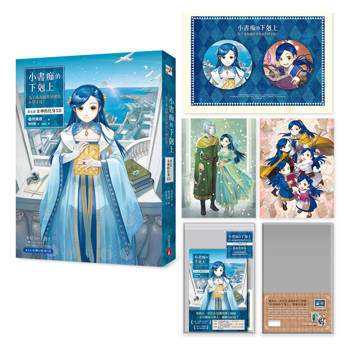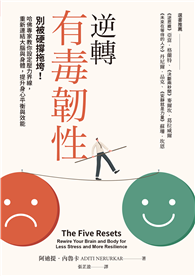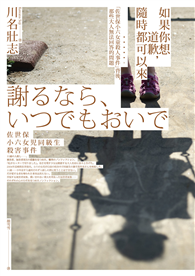The Animal Crossing virtual world is one of Japan’s most successful but unrecognised cultural exports, gaining a global audience during the COVID-19 pandemic among people who traditionally have not been attracted to networked computer games but are enchanted by the world’s emphasis of sociability and curation rather than violence. The book is the first major study of AnimalCrossing, written in an incisive and engaging style for students, academics, non-specialist members of the public and businesspeople interested in the potential of an unconventional online global space that has diverse demographics.
The book has three strengths. It contextualises Animal Crossing within the history of computer games and global acceptance of Japanese aesthetics within popular culture alongside the Walkman, Hello Kitty, Anime, Manga and Godzilla. It brings together scholarly and popular literature without jargon, providing an accessible authoritative resource for people interested in different aspects of Animal Crossing in particular or consumer engagement with virtual worlds in general. It offers incisive comments about Animal Crossing as a legal, technological, social, cultural and commercial phenomenon.
Those comments consider laws such as copyright, contract and marketing. They answer questions about who uses the virtual world, why and why not - drawing on research regarding online sociability and the pleasures of world-making. They discuss innovative aspects of Animal Crossing such as scope for users to incorporate art from a range of museums in personalised spaces curated by those users, visited by their friends and gamified by marketers, politicians and civil society advocates. Readers thus receive a rich interdisciplinary exploration covering things with which they are familiar and making links or providing an introduction to aspects that were previously unrecognised.












